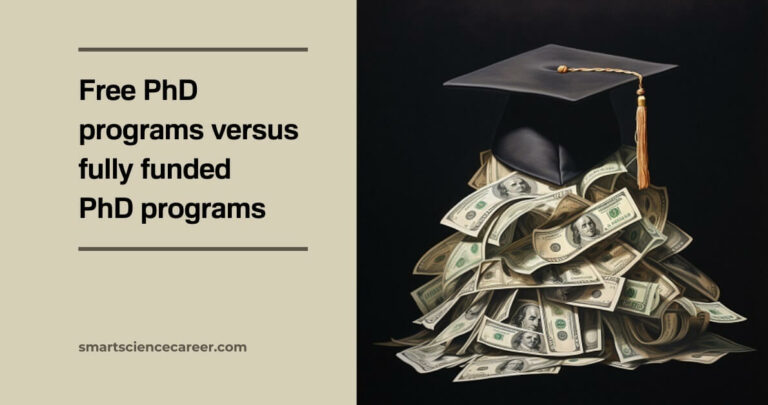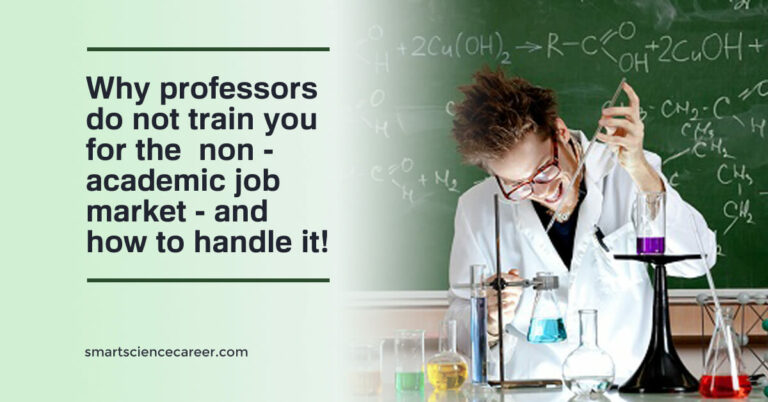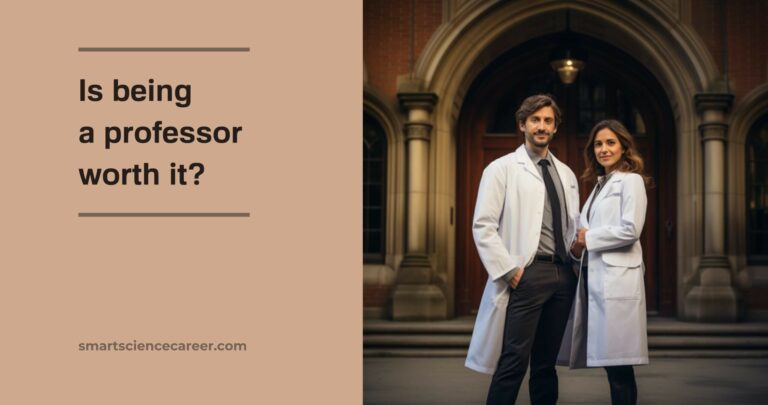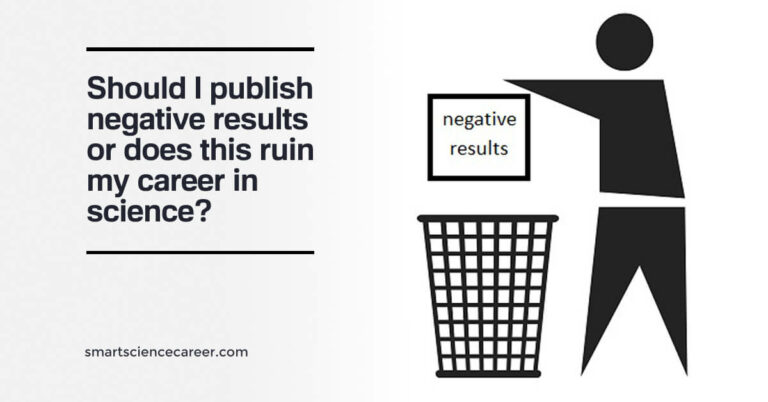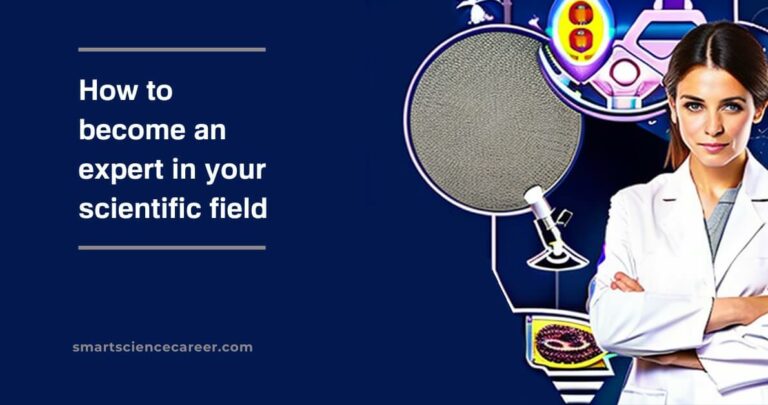Is teaching expertise really necessary for an academic career?
Young scientists often get contradictory advice about whether they need teaching expertise to become a professors. Every university will confirm that teaching is the core expertise of a professor; however, successful researchers may see teaching as a waste of time and unimportant in getting a position.


